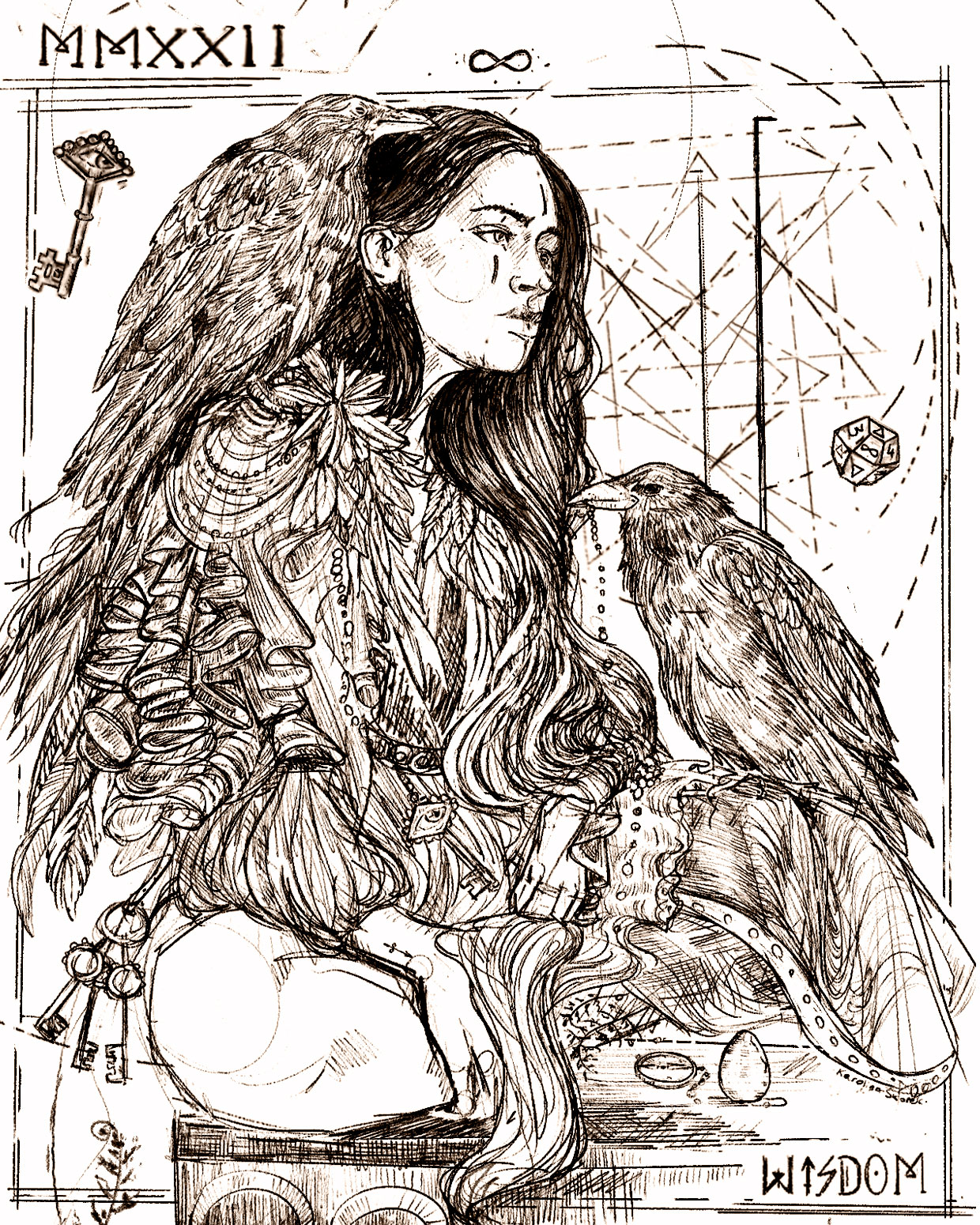
04 Apr Shamanic Dreams- Slavic Dreams?
Time to see if there is any significance to dreams when it comes to Slavs (and Polish) people. I have started conversations with people from different fields and backgrounds just to see what they think about it.
I found it interesting that most of people I spoke with had similar ideas about the language of dreams, their meanings and importance.
I spoke with a Project Manager in IBM, I spoke with a dental prosthetist, I spoke with a single mother with three children… I spoke with a shaman and a tarot reader (I am yet to speak with an archeology lecturer – that I think will be quite an interesting conversation)
From all of those a common themes emerged
We all were raised in a setting where dreams were important part of the conversations. All of them have heard “what did you dream about” in their lives as many times as “how are you today”
And we (I include myself in this specially that the project starts to evolve into a very personal tale of my dreams, fears and a way to decipher my experiences) all had dreams that started after the new war started. Dreams of war, of death and fear. I think it is safe to say because of the national trauma that Polish people lived through so many wars and annexations we have this deep fear imprinted in our minds.
I talked with them on Zoom and in Person, I have recorded every conversation, so this will become a part of the final work. I have also made some notes of the most important things that stroke me while interviewing them.
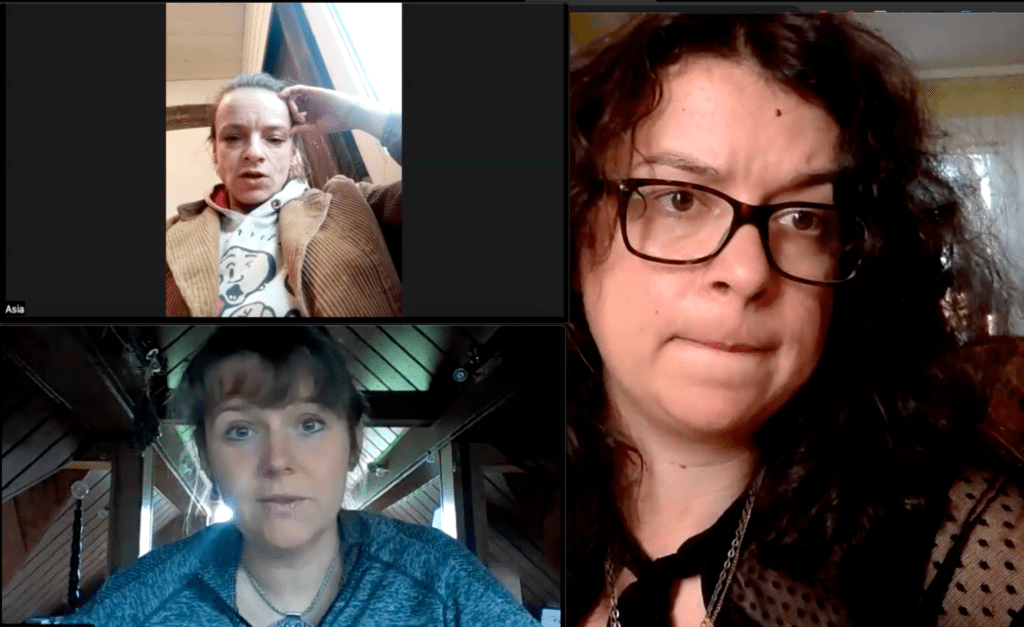
Does it mean that regardless of religion, and background of the families we as Polish people, or as Slavs pay much more attention to dreams?
I will try to find out. There was, and still is a very big and strong belief in the power of dreams.
There is a very strong phenomenon of folk healing, concentrated mainly (but not only) in the Polish region of Podlasie. Folk healers, commonly known as szeptuchy (which translates as whisperers) are elderly women who treat a number of diseases by applying different methods of healing such as prayers and incantations (the whispers).
The practices of the folk healers are related both to magical thinking and folk medicine in which main remedy and the most essential part in the process of healing is a magic word. Szeptucha emerges herself in sacrum and by whispering incantations mainly of Orthodox provenience she persuades the disease to leave a sick person. The existence of the healers in Podlasie can be linked to the Orthodox faith and the East Slavic minorities present in this land since early Middle Ages. (https://repozytorium.uwb.edu.pl/jspui/handle/11320/7484)
If those traditions are still present and important in peoples lives would that be one of the reasons why we pay so much attention to dreams and dreaming?
I am going to have this interesting dialog with tradition, and culture I grew up with, but distilled through my experiences and lens.

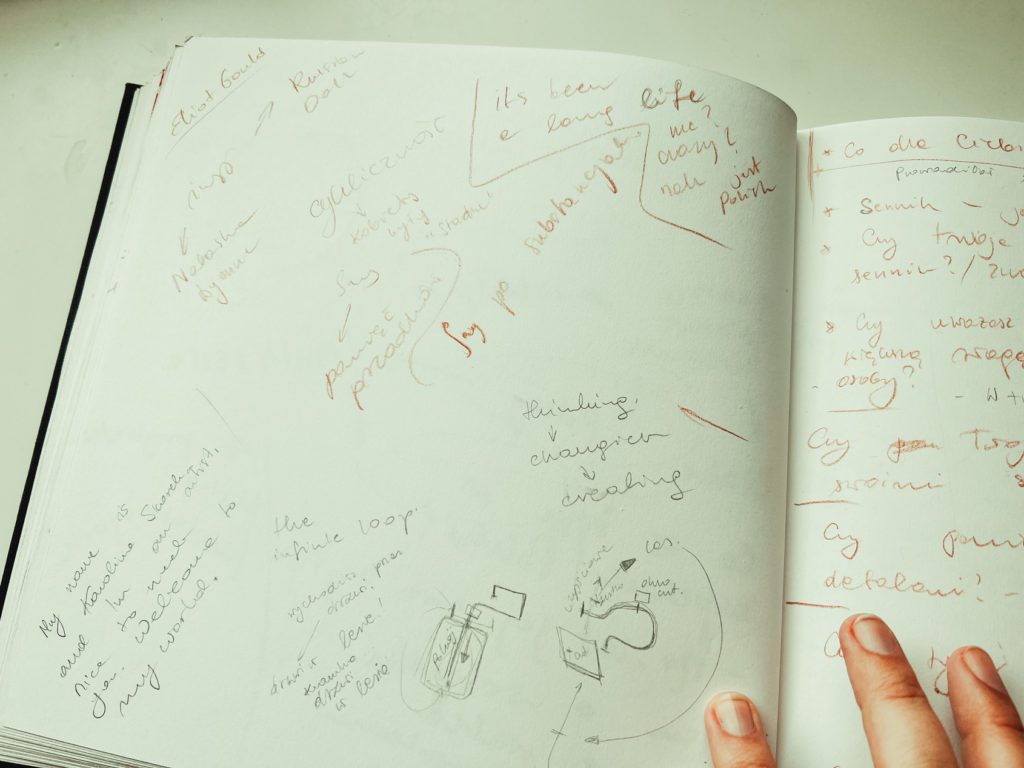
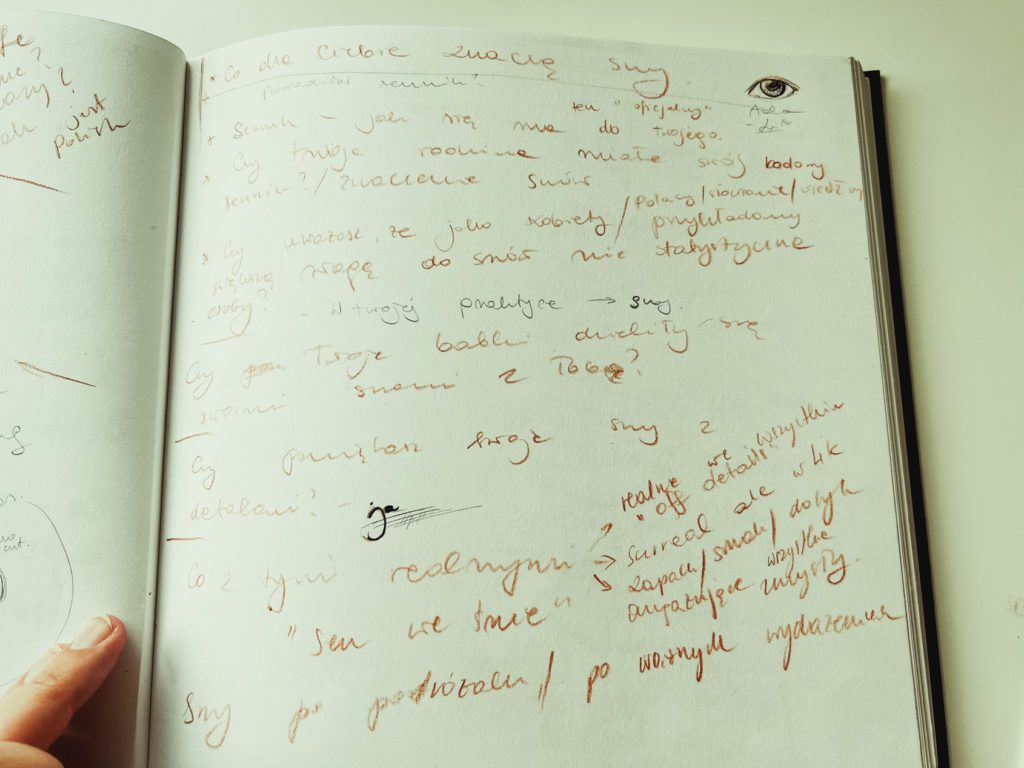
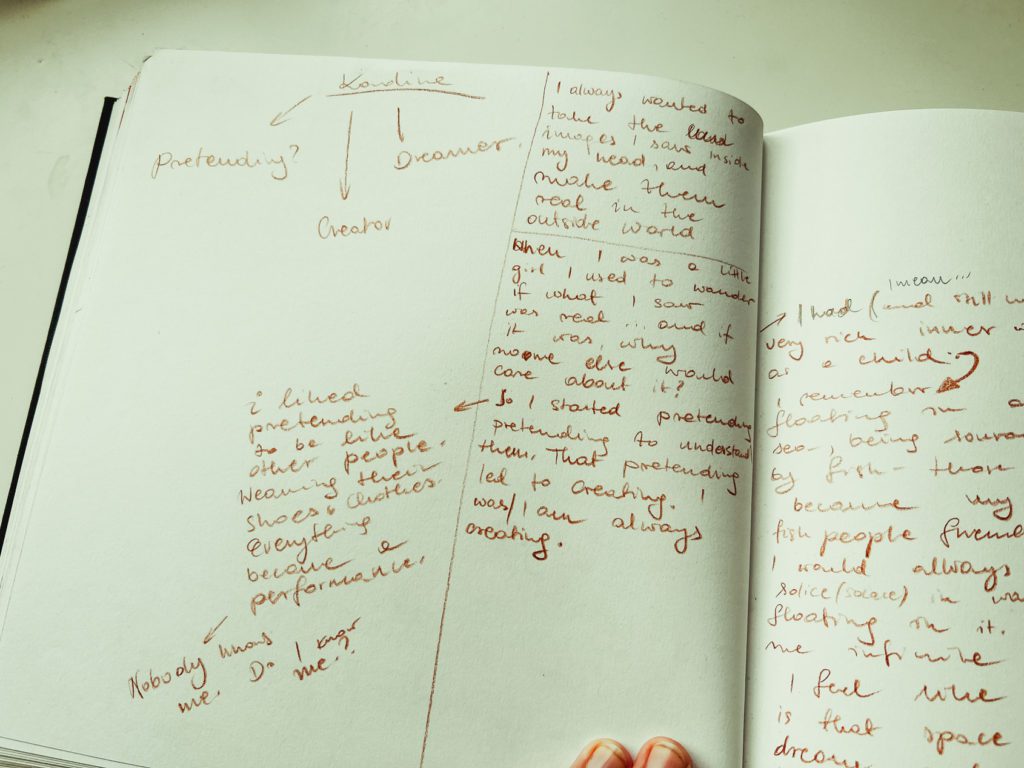
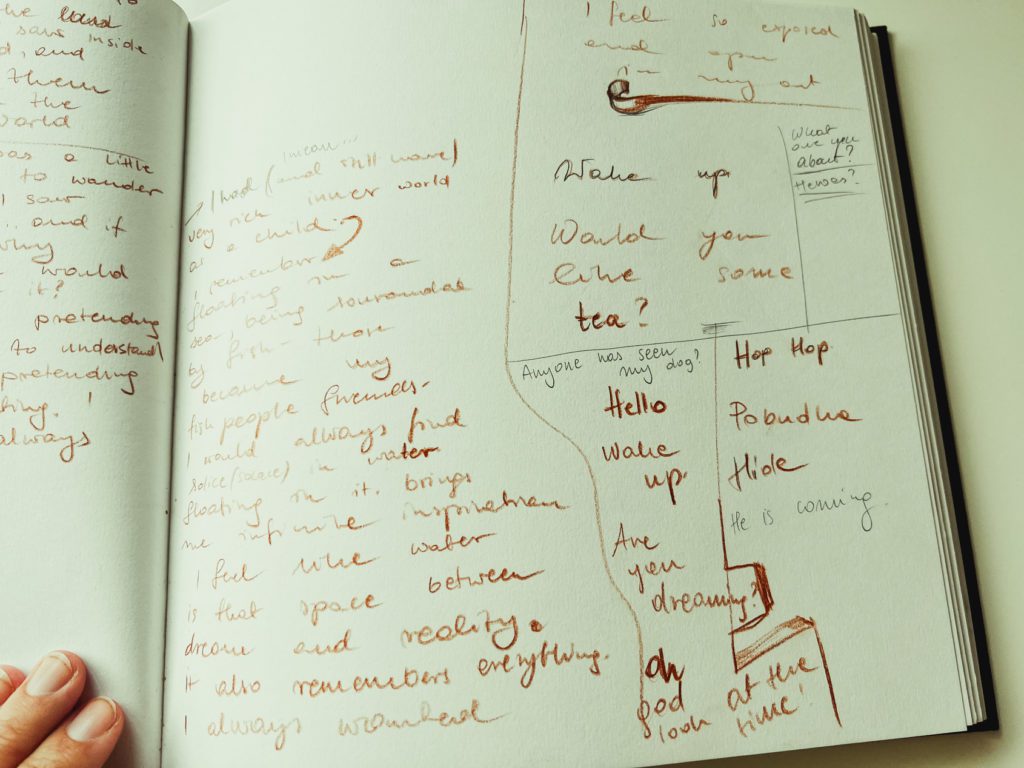
No Comments